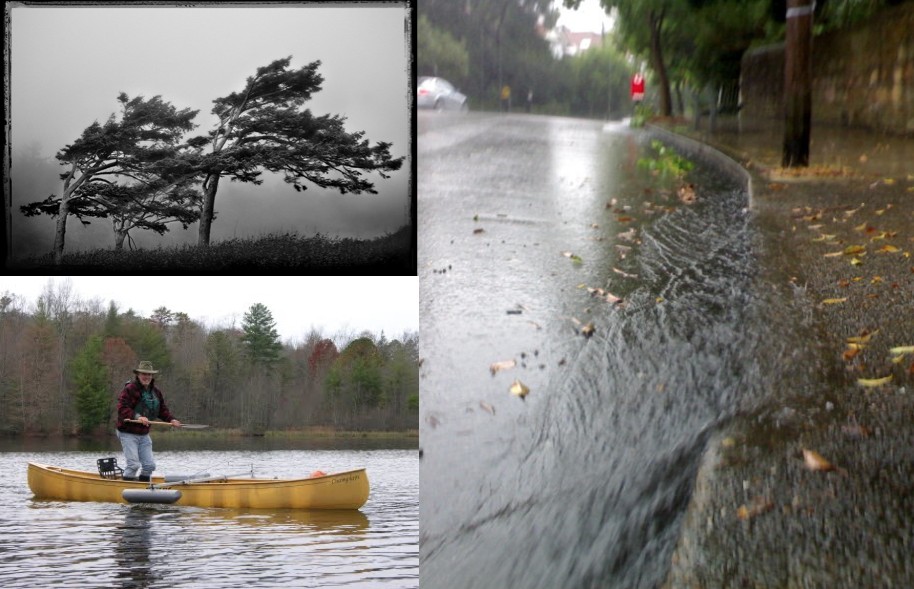Physicist: The classic answer to this question, due (possibly) to Franklin, is “what use is a new-born baby?”.
The problem is that the best research/exploration is about looking for stuff, while not quite knowing what to expect or what to do with what you find. Effectively everything we know about the universe today, all the simple facts and well established technologies, are (or are directly based on) something that was discovered accidentally. It would be nice to say that science is the total sum of the knowledge devised by geniuses throughout the ages. And while that is a big part of it, it would be somewhat more accurate to say that science is the total sum of knowledge gained through a spectacular series of surprises and mistakes, that no one could have predicted. The universe just can’t be figured out without poking around.
You could say that theoretical research is about finding out what we don’t know that we don’t know. It was the great philosopher Rumsfeld who may have put it best:
“Reports that say that something hasn’t happened are always interesting to me, because as we know, there are known knowns; there are things we know we know. We also know there are known unknowns; that is to say we know there are some things we do not know. But there are also unknown unknowns — the ones we don’t know we don’t know.”
-Donnie “Knuckles” Rumsfeld
Some of the more common questions we get are along the lines of “why should we explore space?” or “what’s the point of CERN?” or “what’s the point of investigating things when you have no idea what they could be used for?”. Which is fair. Despite the tremendous advances achieved by “aimless science”, it’s still plenty hard to justify a mission statement like “hey, we might find something cool”.
And, while addimittedly a lot of the low hanging, doesn’t-cost-billions-of-dollars-to-look-in-to fruit has been picked, you may be surprised how quickly advanced science crops up when you start looking around.
Look at a tree swaying in the breeze and you’ve got damped harmonic oscillation. Look at water in a gutter and you’ve got shock dynamics, wave dynamics, and even super-position (of water waves). And nobody learns Newton’s laws faster than someone standing up in a canoe for the first time.
Point is, going about your business, it’s easy to trip and fall onto some science. Go about your business around some big science toys (a lab) and you might stumble into something amazing. In fact, most of the really big game-changing discoveries were made by mistake and/or were useless for years. For example; for centuries glass was only used in bead form, and electricity was a painful thing that fish sometimes do.
The Rutherford experiment, that first demonstrated the existence of the atomic nucleus, was trying to measure the properties of the “plum cake” nature of matter (a soup of positive charge punctuated by electrons that has no nuclei).
The Michelson-Morley experiment, that provided the first real evidence for relativity was trying to measure an imaginary “luminiferous eather”. The results of that experiment weren’t even a possibility in anyone’s mind, and it led to Einstein’s relativity.
The photo-electric effect, that formed the basis of early quantum mechanics and set the ground work for “wave-particle-ness”, was discovered accidentally when a dude was trying to figure out the voltage needed to make an electrical arc in the air.
So, of what use is a newborn baby? None yet.
A similar question might be “can you build a world wide civilization based (in part) on what you learn from hurting sick people by putting fish on them?”
The short answer is: yes.
Mathematician: There are approximately three things that can motivate projects in science and math. Some projects are undertaken because they seem like they might be useful, like current microchip research. Some are fueled by public fascination, such as studies conducted on the digits of pi. Still others are done mainly because they are interesting to the researchers working on the projects, and help those researchers maintain jobs. Just think of the countless papers on useless, obscure subjects that less than a hundred people in the world care about.
So some research is valuable to the world because of its usefulness, and some because it fascinates and delights us. But what about the third type that is motivated mainly by the interest of those who study it? Well, occasionally such research does turn out to be useful or fascinating. Number theory is a nice example, because its study very unexpectedly led to algorithms that are extremely useful in cryptography. What’s more, the field ended up intriguing the world with the story of Fermat’s last theorem, and its proof 358 years later.
Most of the time though, research that seems both useless and boring actually is exactly that. One can have an approximate sense of how important research could turn out to be based on how connected it is to reality, how connected it is to other, different, areas of math or science, and how much potential it has for altering our perspectives or engineering. Discovering new fundamental laws of physics generally turns out to be pretty darn useful. Discovering new laws about how rats move through mazes, generally not so much.









Funny, rats moving through mazes might not be all that interesting, but correlate that with a genetic variation, and we now have hints into basic thought or possibly more…
Perhaps rats moving though mazes CAN be interesting…More importantly, pure, intrinsic research can be valuable without knowing why beforehand, even in the most seemingly apparently trivial cases such as rats moving through a maze!!!!
To collect and exploit the monies of government research grants.
Purely thoeretical research can be of huge value, and benefit.
The trouble is it often tends to benefit those who later apply the learnings,
rather than those intially asking for the funds to discover them…
…but, as an example for the defence, it ‘s worth noting…
you could throw pure money at opthalmic surgeons for ever,
but they would still have never have invented their key surgical tool, the laser.
Purely theoretical research, like pure mathematics, can never be useful by definition. This is because, once it becomes useful, it’s suddenly “applied mathematics” or “regular science” (or even, and I shudder to think of it, “engineering”).
You might say we do purely theoretical research in the hope that we can stop doing purely theoretical research and start doing regular research.